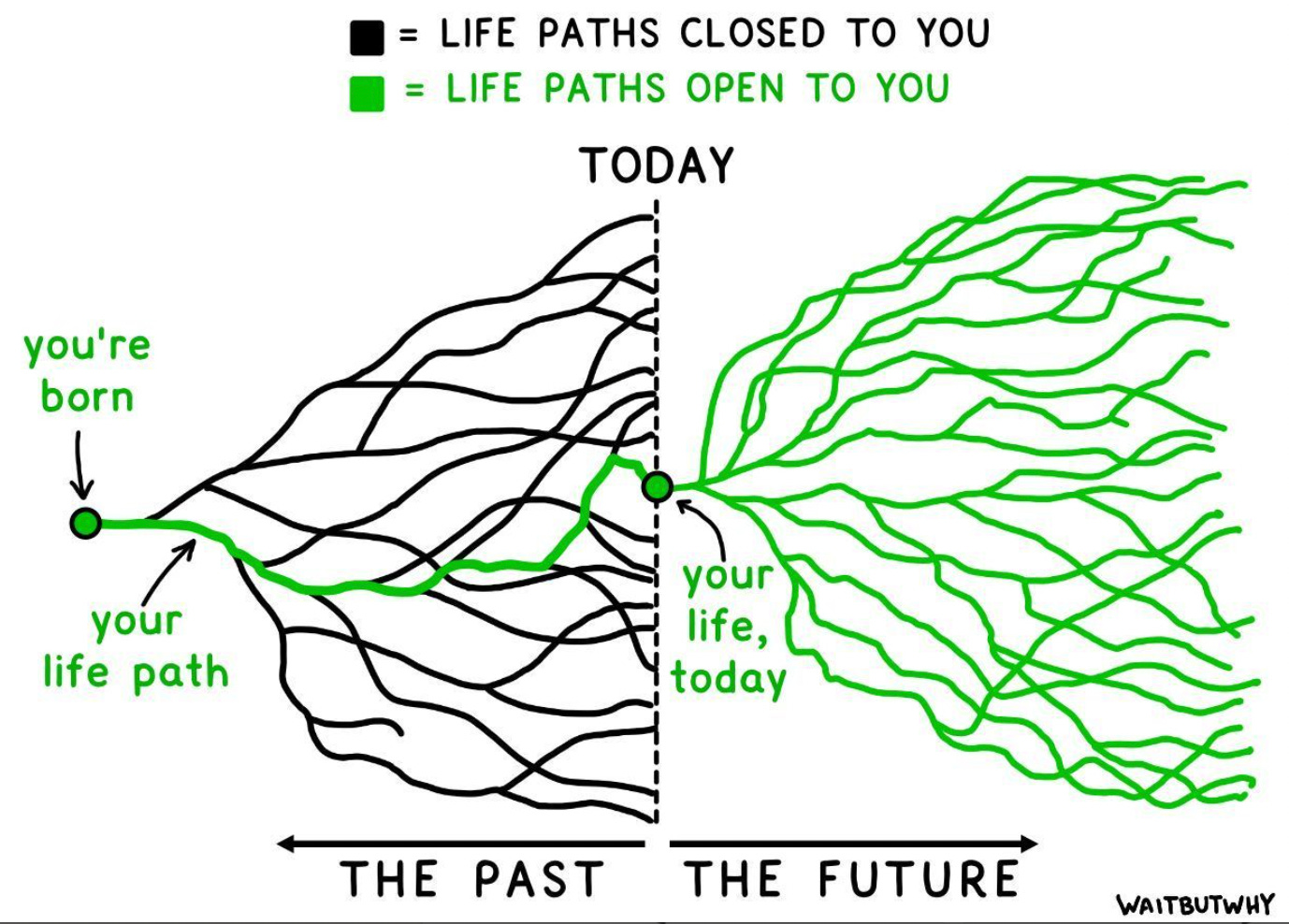Learn to Code! Wait, never mind...
Kids will be better off mastering the basics than chasing fads
Back in the 1970s, my dad thought he might go into forestry. He got a Master’s degree in something called “aerial photogrammetry” which was essentially about using statistical models to create detailed topographic maps. But life intervened, and he didn’t go to work for the Park Service. Instead, he started using his statistical skills to model out probabilities in the crop insurance business.
My mom’s career took similar detours. She earned a bachelor’s degree in Psychology and then an MBA before finding work as an auditor, mostly for insurance companies.
If you had talked to my parents at age 18, neither one could have predicted their eventual career paths.
My own career would have been even harder to forecast. I started college intending to become an elementary school teacher in Iowa, but then I earned a Master’s in Public Policy, worked for a “think tank” in Washington, D.C., and now I run my own education consulting business specializing in writing and data analysis. At 18, I didn’t know what a “think tank” was or what a “consultant” did.
Maybe it’s because I’ve been surrounded by these life stories, but I’ve always been skeptical of the idea that what we train for will be the thing we will end up doing. Rather than following a linear path, I see careers as more like flowing through tree branches. The stuff you learned and did in the past got you to where you are today, and those things will dictate your options at any moment in time, but you might end up in a very different place from where you begin. The graphic below from WaitButWhy’s Tim Urban captures what I mean here.

There are obvious parallels to today. A decade ago coding was all the rage, with states adapting their policies to encourage more students to go into computer science. Now AI is hitting the job prospects of entry-level programmers, and entrepreneurs without any real technical skills are using “vibe coding” to make their own prototypes while coding knowledge deteriorates.
And what of the kids? There’s now a gold rush on telling us that young people should be trained for the new AI world. After all, who needs to learn to write a five-paragraph essay when ChatGPT can just spit one out in 10 seconds? They should just practice writing better prompts! And why learn any facts when you can “just Google” anything you want?
This line of thinking is wrong and short-sighted. The process of writing things down helps people encode new information into their brains, and having a base of knowledge and facts about the world helps us acquire new information.
Moreover, I certainly wouldn’t want to bet that the AI systems of today will be the same ones we’ll be using a couple years from now. Companies won’t want to hire people who’ve been trained to use ChatGPT-4o. The technology is moving too fast, and they’ll need to hire people who can adapt.
The lesson for education is to keep focusing on developing solid basic skills in reading, writing, and arithmetic. Kids need to be able to understand the latest tools, sure, but that should not be the core of their education. Who knows where life will lead them, but I’m much more comfortable betting that a solid foundation in the basics will help young people adapt and grow over time.



One is not going through any engineering, math, or physics major without learning to code.
Chad, love this piece. Early career focus is a fine option for many -- even if it proves irrelevant in the long run. But what seems never to be said is that if a child is not a competent reader and proficient in math by the time he or she graduates, everything else pales in significance.